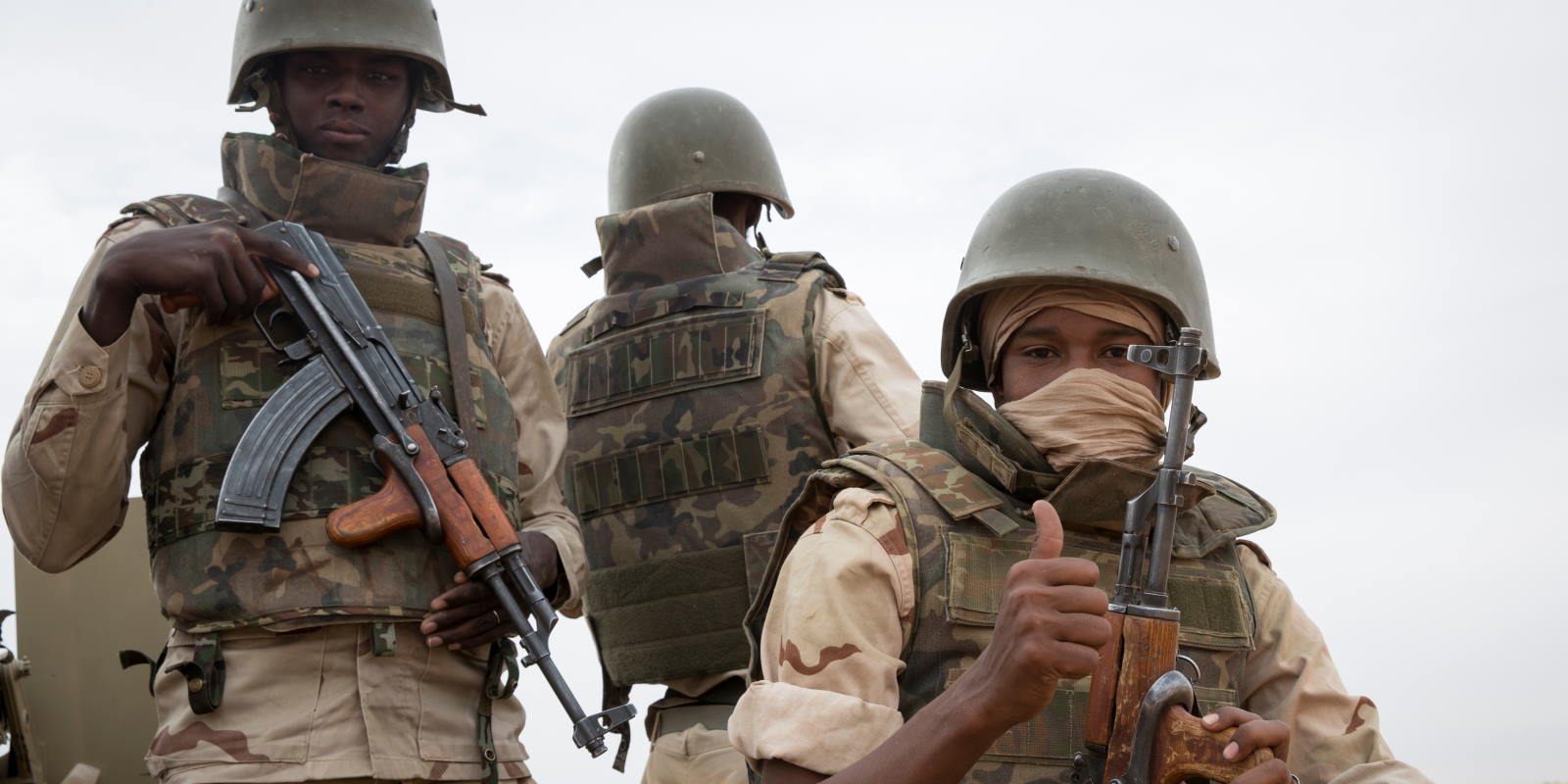The G5 Sahel Executive Secretariat, whose key role is to foster cooperation among its member states that include Burkina Faso, Chad, Mali, Mauritania and Niger, has acknowledged serious concerns for the region with the presence of COVID-19. These concerns include the pandemic’s potential to exacerbate the compounded challenges currently facing the region – in particular, the health and livelihoods of its citizens. For example, together with climate change, COVID-19 can compromise agricultural production and leave people more susceptible to disease. Deficits in agricultural production affect health and lead to economic contraction – and one coping strategy is to join armed groups, whose actions may lead to the closure of schools, inhibit trade and limit communications.
Resilience in the Sahel region has been strengthened by the willingness of key actors to use ‘Sahelian agency’ to conceive and implement interventions that combine local governance and human development @SidikouMaman @G5_Sahel_SE
Tweet
In spite of the prevalent threat the pandemic brings to the region, the G5 Sahel Executive Secretariat sees the advent of the pandemic as an opportunity to assess its priorities and work differently to address the challenges already facing the region. Whilst the pandemic constitutes a strong potential threat to the Sahel region, its actual extent in the Sahel remains unclear. According to the Africa Centres for Disease Control and Prevention (Africa CDC), case numbers and deaths across G5 member countries remain low. It has also been suggested that, for a variety of reasons, people in the Sahelian states may be more resistant to COVID-19 – perhaps due to the relatively young age of the population.
As a means to strengthen cooperation among member states, particularly within the current context, it was essential that data was produced and shared to keep member states informed of the situation and to ensure that adequate monitoring could take place. This cooperation fuelled a regional response based on trust and the sharing of information. To broaden and sustain this unprecedented move, a daily monitoring of Sahelian media was initiated by the G5 Sahel Executive Secretariat. It was important that borders remained open to ensure that the mobility of agricultural products and other goods continued, as the region is heavily reliant on imported items, given the arid weather and desert ecosystem. Under the leadership of the government of Mauritania, which holds G5 Sahel’s rotating presidency, ministers have agreed to share daily epidemiological updates.
The impact of the pandemic has also highlighted the relevance of investing more resources in health systems. Access to healthcare, nutritious foods, safe drinking water and other social services are severely compromised in the region. In July 2020, a tripartite agreement was signed between the African Development Bank (AfDB), the United Nations High Commission for Refugees (UNHCR), the UN Refugee Agency and the G5 Sahel that enables a critical US$20 million COVID-19 response across the five countries of the Sahel region. With the AfDB’s financial support and the UNHCR’s technical expertise, the G5 Sahel conceived a series of health interventions that target refugees and internally displaced persons (IDPs) and their host communities. In addition, clinical trials took place in Burkina Faso, and G5 Sahel’s biosafety network increased its testing capacity.
In spite of the threat COVID-19 brings to the region, the G5 Sahel Executive Secretariat sees the pandemic as an opportunity to assess its priorities and work differently to address the challenges already facing the Sahel @SidikouMaman @G5_Sahel_SE
Tweet
A further development that strengthened the resilience of the region has been the willingness to use ‘Sahelian agency’ to conceive and implement interventions that combine local governance, cross-border value chains and human development. For instance, G5 Sahel and the West African Economic and Monetary Union (WAEMU) supported a mayors’ alliance representing the cities of Dori (Burkina Faso), Gossi (Mali), Tillabéri (Niger) and Tombouctou (Mali) to invest in human and animal health. The Arab Bank for Economic Development in Africa (BADEA) also supports infrastructure, as well as women-led entrepreneurship in rural settings..
As part of the cooperation and solidarity efforts, throughout the region, civil society organisations and opinion leaders joined the response to the pandemic. For instance, the emir of Liptako, Ousmane Amirou Dicko called for a humanitarian truce – commending the United Nations Secretary General’s efforts. He reiterated that “it is of utmost importance that Liptako’s inhabitants act together in order to protect each and every one – whatever their status might be: resident, displaced, refugee or mobile”.
The G5 Sahel recognises that its latest work priorities request listening to the reactions and inspirations of local people, associating them consistently in the design and implementation of activities, and promoting the exchange of experiences and shared effort among neighbouring countries. The pandemic has created instability and chaos on a global scale that has threatened livelihoods and economies. However, its impact has also created opportunities that foster cooperation and promote home-grown approaches to bring about greater collaboration and stability, as can be seen in the Sahel.
Maman Sambo Sidikou is Executive Secretary of the G5 Sahel Secretariat.

